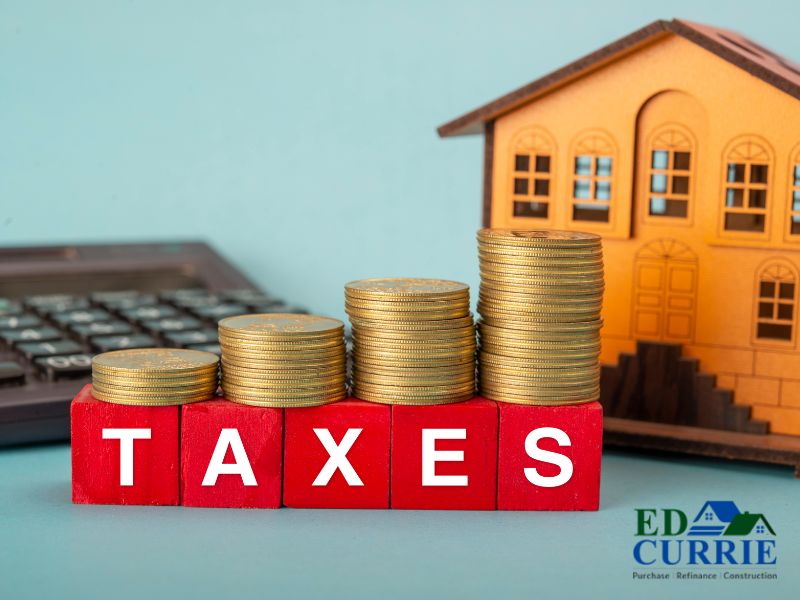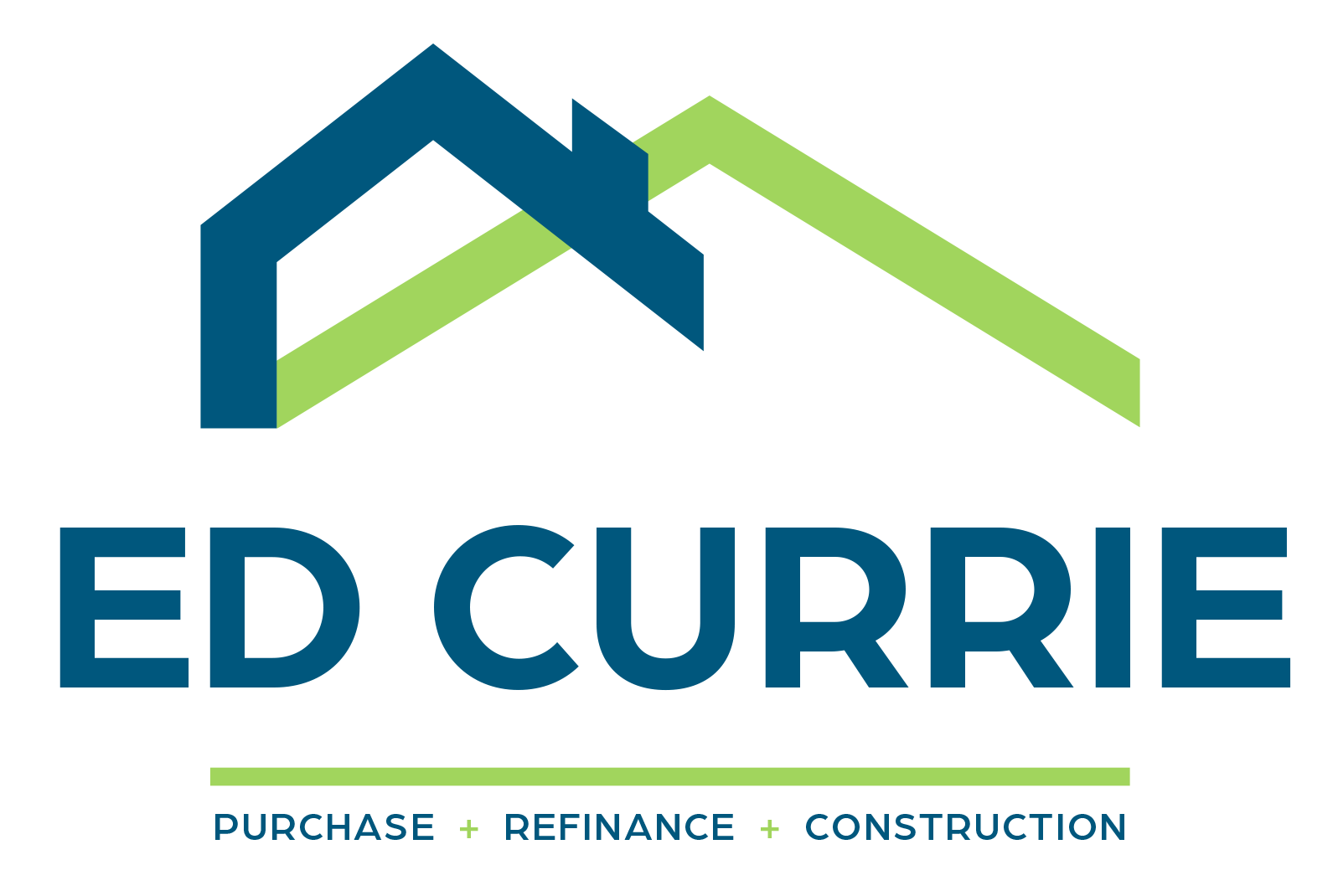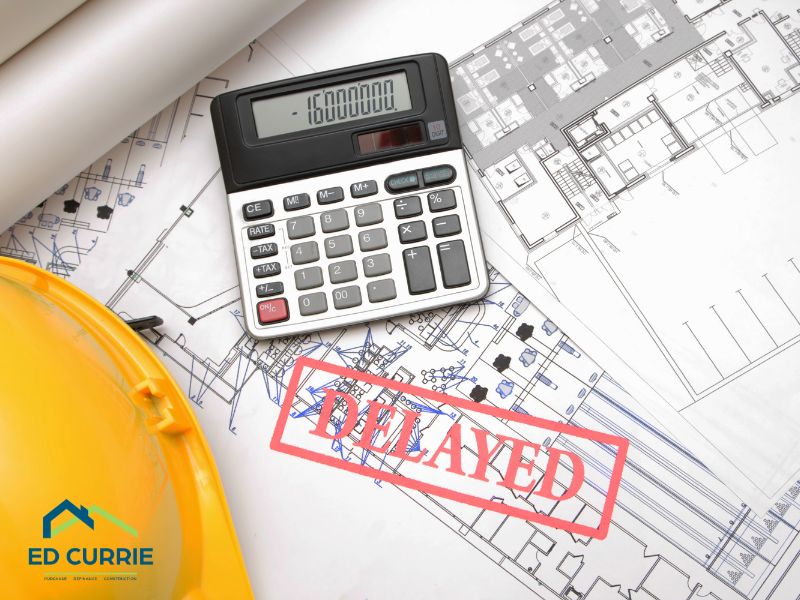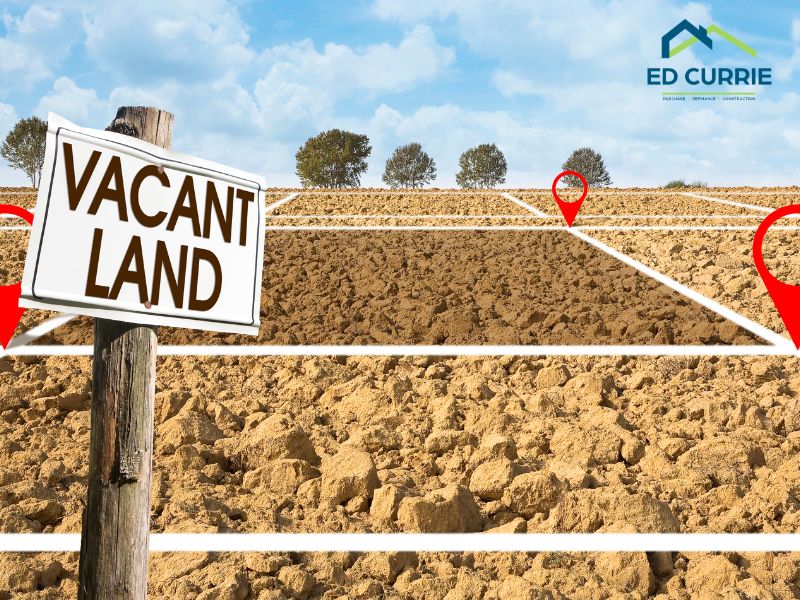 Property taxes are a critical aspect of homeownership, yet they’re often misunderstood—especially when it comes to new construction. Whether you’re buying an existing home or building your dream property, understanding how property taxes work is essential for creating a realistic budget.
Property taxes are a critical aspect of homeownership, yet they’re often misunderstood—especially when it comes to new construction. Whether you’re buying an existing home or building your dream property, understanding how property taxes work is essential for creating a realistic budget.
What Are Property Taxes?
Property taxes are determined by the assessed value of your property, which is calculated by local tax assessors. This value can differ significantly from the home’s purchase price or construction costs. Assessors consider factors like square footage, home features, land acreage, and improvements when determining the value. These taxes fund vital community services, including schools, infrastructure, public safety, and local government operations.
How Are Property Taxes Assessed for New Builds?
For new construction, property taxes can be especially nuanced. During the building process, taxes are often assessed based on the land’s value or the partially completed structure. Once construction is finished, however, the property will be reassessed to reflect the combined value of the land and the completed home. This reassessment can lead to a noticeable increase in property taxes.
Why Do Property Tax Rates Vary?
Tax rates vary widely between counties and municipalities. Local governments adjust these rates annually based on budget needs, so it’s essential to stay informed about potential increases. A seemingly small difference in the tax rate can amount to thousands of dollars each year, depending on your home’s value.
How to Estimate Property Taxes
To estimate your property taxes, start by consulting your local tax assessor’s office to learn about the current rates and processes. Multiply your home’s assessed value by the local tax rate to get an idea of your annual tax liability. Keep in mind that for new builds, the assessment may take place after construction is complete, potentially affecting your budget.
Additionally, depending on your loan structure, property taxes may be included in your monthly mortgage payment. Check with your lender to confirm how your taxes are being handled.
Managing property taxes on new construction requires careful planning, but it doesn’t have to be overwhelming. By understanding how assessments work and researching local tax rates, you can make informed decisions and avoid surprises down the road. Have questions? Give us a call for more details.




![EdCurrie_Logo White[Transparent] EdCurrie_Logo White[Transparent]](https://edcurrie.com/wp-content/uploads/elementor/thumbs/EdCurrie_Logo-WhiteTransparent-qybu3sjgpfhje9098uitv7fpt7os2hgn52gfy6ocx4.png)